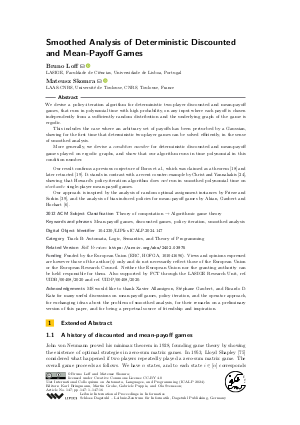LIPIcs.ICALP.2024.147.pdf
- Filesize: 0.74 MB
- 16 pages

 Creative Commons Attribution 4.0 International license
Creative Commons Attribution 4.0 International license











































Feedback for Dagstuhl Publishing